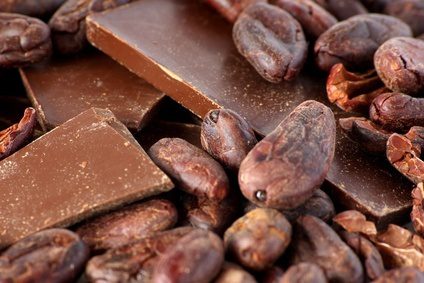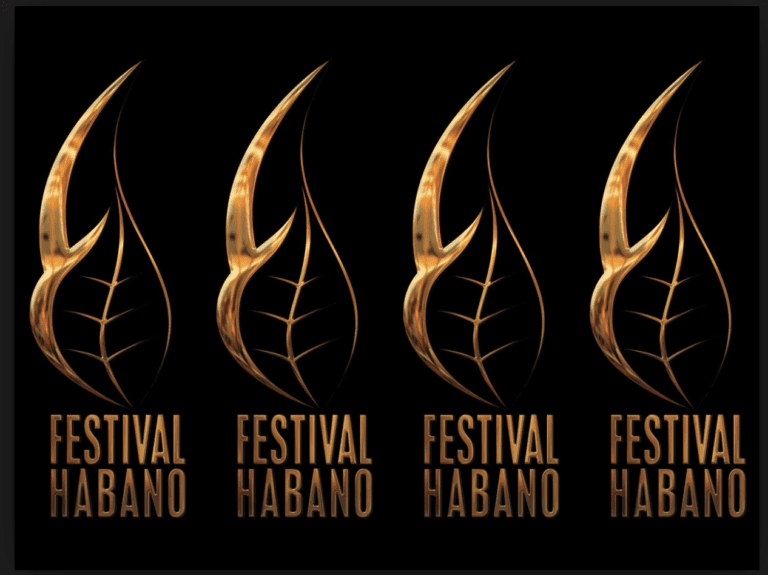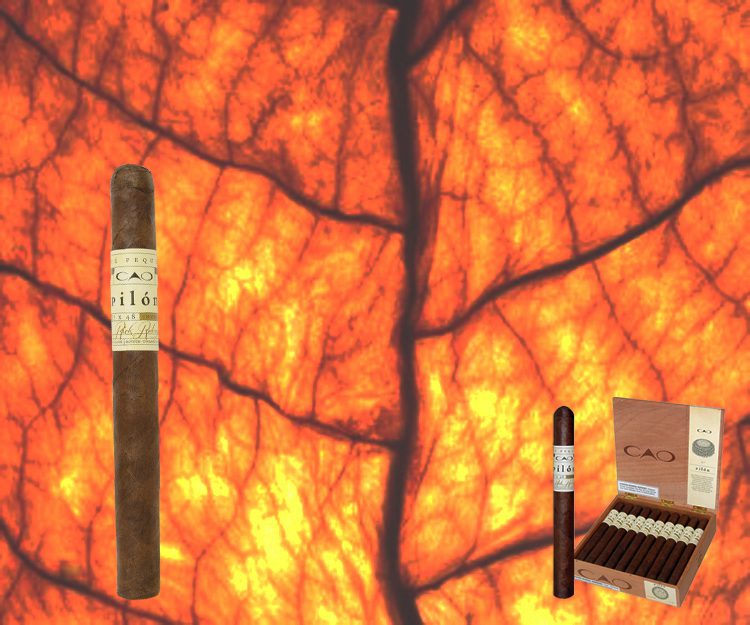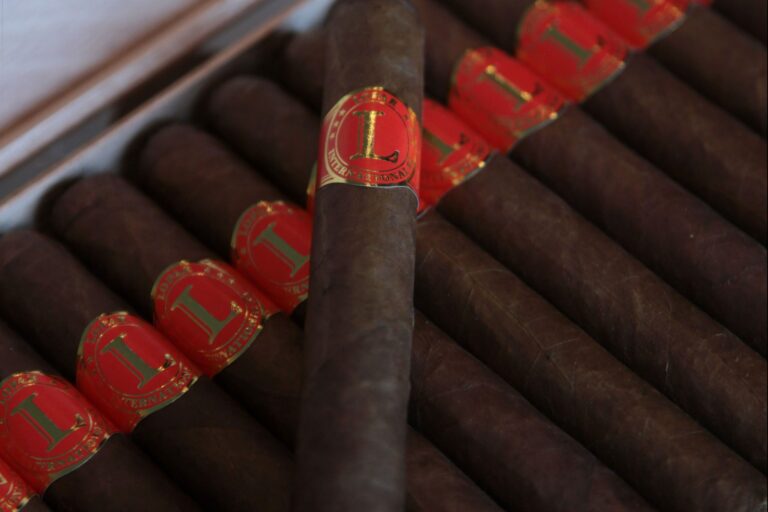
Why dark chocolate is a mystery to science ?
The flavor of chocolate is still unexplained by science. There are no decent synthetic dark chocolate flavorings because scientists have never been able to reproduce its taste. But why not?
By Bernard Burtschy
Aficionados will remember the Partagas Serie D N° 3, with its maduro chocolate wrapper, which came out in 2006. Boasting four years aged tobacco, its maduro wrapper made a big impression when it came out.
The chocolate of the Partagas Serie D N° 3
But what defined the Partagas D3’s personality was its aroma of dark chocolate, which overcame the usual spicy notes. Relatively tannic, it was hard to handle, although it didn’t have the usual Partagas strength. It also had a certain elegance that caused us to overlook its youthful indiscretions but put off many a smoker. Yet, the same cigar smoked seven years later was completely dominated by these notes of cocoa worthy of the best single-origin chocolates. Like a good wine, this cigar matured into an incredibly distinguished smoke with great depth.
Chocolate’s 400 molecules
Confronted with a specific flavor, consumers nowadays often wonder what molecule – or set of molecules – is hiding behind it. Linoleic acid, for example, is responsible for the notes of underbrush and mushroom of certain old wines. Diacetyl is behind the aroma of butter and certain chardonnays. And eugenol explains the cloves in certain cask-aged wines… But the flavor of dark chocolate is not as simple as vanillin, which was synthetized and has replaced real vanilla in most desserts. In fact, it’s one of the great mysteries that has confounded food industry researchers. Particularly complex and difficult to reconstitute, it is made up of more than 400 different molecules, some of which are in infinitesimally small quantities.
A very complex process
Its different beans, which are quite varied, don’t smell of much aside from a few floral notes. For them to acquire that famous aroma of dark chocolate, they need to go through a complex process. Initially, the pod is broken and the beans and the pulp are left to ferment. The first phase of fermentation is anaerobic, and produces alcohol; the second phase is aerobic, and produces acetic acid. This acetic acid (which vinegar is made of) penetrates the bean, and modifies its internal structure, degrading the proteins and the starch, and forming the precursors of the chocolate’s flavor: sugar and amino acids.
The beans are then dried and the acetic acid is eliminated. Then they are ground and roasted. Another critical stage, roasting sets off an extremely sophisticated reaction: the Maillard reaction. This is the reaction that, starting with sugar and amino acids, will produce the flavors of hazelnut, caramel and toasted notes. The 400 molecules responsible for chocolate’s flavor are now present.
The same reaction in cigars and wine
How is it then that we find these same notes of dark chocolate both in certain cigars and certain wines? Because the building blocks of the Maillard reaction – proteins and amino acids – occur naturally both in tobacco leaves and grapes. Moreover, the tobacco leaves intended for cigars and the grapes that go into wine both go through two fermentation phases that are basically the same. So why the chocolaty aromas? In both cases, they appear in the event of overmaturation. As for the mechanism at play, scientists have no idea for now.
The same is true for the food industry chemists who dream of synthesizing the flavor of chocolate. But contrary to chemists, enjoying a cigar or wine with chocolaty notes will suffice to make us happy. And the fact that the enigma is still unresolved doesn’t spoil our pleasure at all. Dark chocolate has a taste of mystery, and we love it.
You might also like

Diplomaticos Legendario, a churchill only for Italy

Partagas Línea Maestra and Bolivar Regentes LE 2021 finally hit Canadian shops

Smoking ban in parks and on beaches comes into effect in France

Punch Néctares No 50, the very first Regional Edition for Ireland

Luc Hyvernat appointed Deputy General Manager of Maya Selva Cigares
All the latest cigar news


